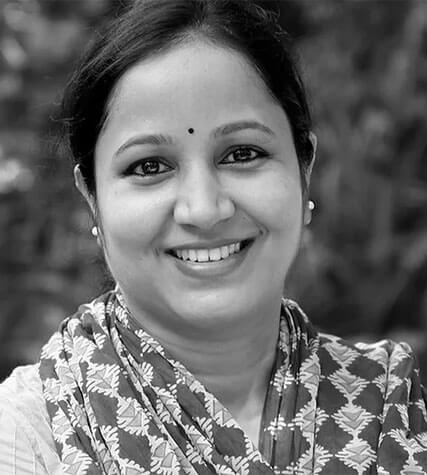Women's Health Matters
Health needs at every stage of life
First 1000 days
Why 1000 days? The 1,000 days that span a women’s pregnancy (270 days)
Childhood to Adolescence
Children's health should primarily be focused on growth, cultivating healthy habits
Young Adult
It’s the age to discover life and enjoy it to the fullest.
Midlife
Midlife is the period in a woman’s life, when many changes occur in her body
Senior Woman
Societies are ageing across the world and one of the main achievements in the last century.

Why 1000 days? The 1,000 days that span a woman’s pregnancy (270 days) and the child’s 2nd birthday (365x2= 730) offer a unique window of opportunity to build a healthier future. Research in the fields of neuroscience, biology and early childhood development are proof that nutrition, relationships, and physical and social environments in the first 1000 days from pregnancy to the child’s 2nd birthday shapes future health outcomes for both the mother and child.
Are mother and child well nourished, are they mentally and physically thriving?
Answers to these questions are determinants impacting the child's ability to grow and stay healthy.
Read more
Children's health should primarily be focused on growth, cultivating healthy habits and avoiding risky behaviour, and focus on preventive health aimed at reducing future health issues. Children's health is vitally important as it provides a unique opportunity for each child to achieve their full potential to become a healthy adult. It is important to understand that children's health needs are markedly different from an adult's and a child's response to illness, medications, and the environment depends upon the age of the child. Children are not small adults.
Unfortunately, even the healthiest of children can get sick. Common childhood illnesses such as ear aches or tonsillitis may not have a deep impact on the future health of the child and are mostly unavoidable.
Read more
Have you thought about what you can do to live a full and healthy life?
It’s the age to discover life and enjoy it to the fullest. Research shows that eating healthy and exercising are the first steps towards a healthier lifestyle. In today’s world, where technology and more recently Covid has taken over our lives, the importance of maintaining a nutritious diet and pushing back a sedentary lifestyle are critical. It’s equally important for you to ensure you get at least 7 hours of sleep to be refreshed and active. Smoking and drugs are inhibitors to building a healthy lifestyle and it’s vital to seek help towards quitting these habits and limiting the intake of alcohol to safe quantities.
Read more
Midlife is the period in a woman’s life, when many changes occur in her body due to the change in hormonal status. As a woman enters perimenopause (about 3 to 4 years before the actual menopause) and during the menopause, (typically between 47 and 53) she will experience vasomotor symptoms such as night sweats, hot flashes, and other psychological symptoms like mood changes, some changes may become more apparent.
With the rising prevalence of illnesses such as diabetes, hypertension, heart diseases, and osteoporosis, a woman’s health is at a critical juncture at this time.
It is critically important to get blood pressure, blood sugar and cervical cancer screening done.
Read more
Societies are ageing across the world and one of the main achievements in the last century is the amazing longevity that women are enjoying. Maintaining health and quality of life in old age are particularly important for women.
Though recommendations for overall good health remain pretty much the same throughout life, there are special challenges associated with the post-menopausal state and age-related changes. It’s all the more important to ensure regular health check-ups. The focus should be bone density testing, tests for blood pressure, cholesterol and blood sugar. Annual hearing and vision tests are recommended. mammograms and cervical cancer screenings as recommended by your physician. Please do talk to your physician about preventive health checks.
Read more





